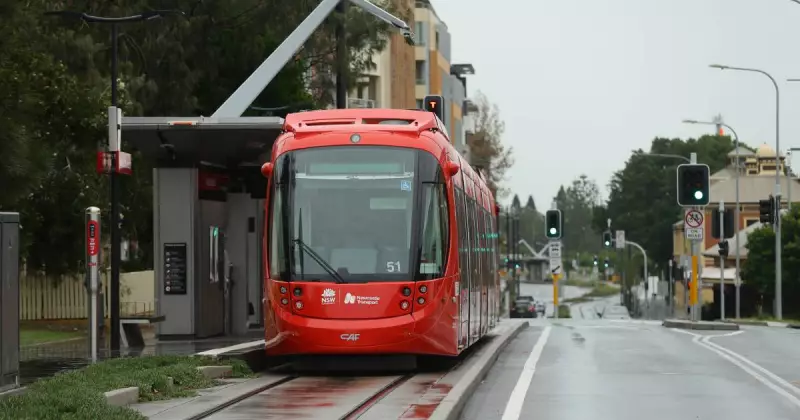
Newcastle residents have voiced strong opposition to proposed extensions of the city's light rail system, citing excessive costs and questionable benefits in a series of letters published this week.
Light Rail Costs Under Scrutiny
Ray Chenery from Maryland has challenged the grassroots campaign to extend Newcastle's light rail network, arguing that the substantial construction and maintenance expenses cannot be justified. The fixed route would consume existing public space while current infrastructure and gardens already suffer from inadequate maintenance, creating increasingly unsightly urban areas.
Chenery advocates for improved bus services as a more practical alternative, suggesting that electric buses, potentially smaller in size, operating on expanded routes with increased frequency would deliver superior future transport outcomes for the community.
High-Speed Rail Concerns Emerge
The debate extends beyond local transport to regional connections, with Merewether resident Dayne Steggles challenging recent commentary about high-speed rail benefits. Steggles disputes the characterization of Novocastrians as either supporters or naysayers of the project, rejecting the notion that the Hunter region should become a housing overflow solution for Western Sydney.
The $667 million planning allocation for the high-speed rail project raises questions about its dependency on shifting Western Sydney's housing crisis to the Hunter region. Steggles suggests the perspective comes from Sydney-based commuters who might benefit from additional transport options like seaplane or hovercraft services to Newcastle.
Political Controversies Dominate Discussion
North Rothbury resident Mike Lowing has expressed outrage over the recent state funeral for former Labor powerbroker Graham "Richo" Richardson, describing the ceremony as inappropriate given Richardson's history with corruption investigations. Lowing questions why taxpayers should fund such honors for figures known for political manipulation rather than genuine public service.
Meanwhile, Charlestown's John Cooper has criticized what he perceives as biased editorial coverage of New York's mayoral election, warning against adopting similar political approaches in Australia that might include altering electoral boundaries, defunding police, or implementing soft-on-crime policies.
Education and Environmental Perspectives
Charlestown resident Mark Fetscher has shared personal experiences supporting recent research about the lasting impact of negative educational experiences. Fetscher recounts how a bullying PE teacher in the early 1980s destroyed his confidence in team sports, turning him away from athletic participation for life despite finding success in local history writing.
Environmental discussions continue with Carl Stevenson from Dora Creek questioning Australia's carbon emission reduction strategy, noting that most planned reductions rely on land-based carbon sequestration rather than renewable energy sources. Stevenson suggests that without improved forest regrowth, agricultural practices, and reduced government restrictions, emission targets may prove difficult to sustain beyond 2030.
Community concerns about shark management have prompted Beresfield's John Bradford to propose practical solutions involving shark nets placed between high and low tide marks, complemented by wave pools for surfing enthusiasts to protect both marine life and beachgoers.
The diversity of opinions reflects Newcastle's engaged community actively participating in debates that will shape the region's future development, infrastructure, and political direction in the coming years.





